Recipients of the Institute for Social Transformation’s Catalyze Grants and Emerging Scholar Grants. Learn more about each project and fellow below.
Seed Grants $500-$2,500

Grace Weishi Gu, Associate Professor, Economics
“Global Banking Capital Allocation Project”
How much are countries connected through banks? To what extent are domestic banks exposed to foreign economic influences? Which other countries’ banks are lending to your country rain or shine? Our project will investigate these questions by collecting data around the world and establishing an open data source for the research community through collaborative efforts. The results will not only help us better understand how the world is connected sharing prosperity and spilling over risks, but also provide the database that benefits future research and international economic policymaking for years to come. Co-Applicant is Isha Agarwal from UBC Sauder School of Business.

Fernando Leiva, Professor, Latin American & Latino Studies
“Understanding Disaster Extractivism and the Covid 19 Pandemic“
With this seed grant we will catalyze the development of a collective research proposal by UCSC’s Critical Cultural Political Economy (CCPE) of Extractivism Research Cluster. We propose a series of exploratory workshops convening thought leaders that will (1) deepen understanding of the latest trends in the field of socio-ecological conflict studies; and (2) strengthen the convergence of cluster members around a collective research project on strategies of extractive corporations, the state, and affected communities immediately before and during the global COVID-19 pandemic. Our previous activities suggest extractivist corporations have developed various strategies to re-signify their role in society and redefine relations with the state and local communities to preempt and dissolve opposition to extractive operations. These strategies are insufficiently understood. Co-Applicant is Alejandra Watanabe-Farro in Latin American & Latino Studies.

Jeremy Yamashiro, Assistant Professor, Psychology
“Social Representations of National Decline: Social and Cognitive Components”
Using nationally representative surveys and psychological laboratory work, I will examine representations of national decline in the USA and several other democracies with strong illiberal movements. I aim to understand the cognitive characteristics of declinist representations, their consequences for political behaviors, and the conditions under which declinist representations are modifiable. This funding will primarily support research and travel costs for two prospective PhD students, and will provide cost-share funds for additional grant applications currently in progress. I will be the lead, but this research is part of a larger collaboration on collective temporal thought with colleagues in France, Canada, New Zealand, Turkey, and China. The project will host two interdisciplinary meetings on collective intertemporal thought.
Sprout Grants $2,500 to $15,000
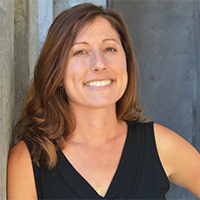
Lindsey Dillon, Assistant Professor, Sociology
“Climate Grief, Climate Crisis, and Collective Action”
“Climate Grief, Climate Crisis, and Collective Action,” studies the new phenomenon of climate crisis support groups and other individual and collective expressions of ecological anxiety and loss. Emotions are an understudied aspect of the climate crisis, which is typically represented as a set of abstract numbers and foreboding predictions on a global scale. Climate crisis support groups and other expressions of grief represent emergent social spaces through which people have begun to articulate an emotional lexicon of ecological anxiety and loss, and build new publics around the climate crisis. At the crux of my project is an interest in linkages between emotion, subjectivity, political behavior, and social transformation.
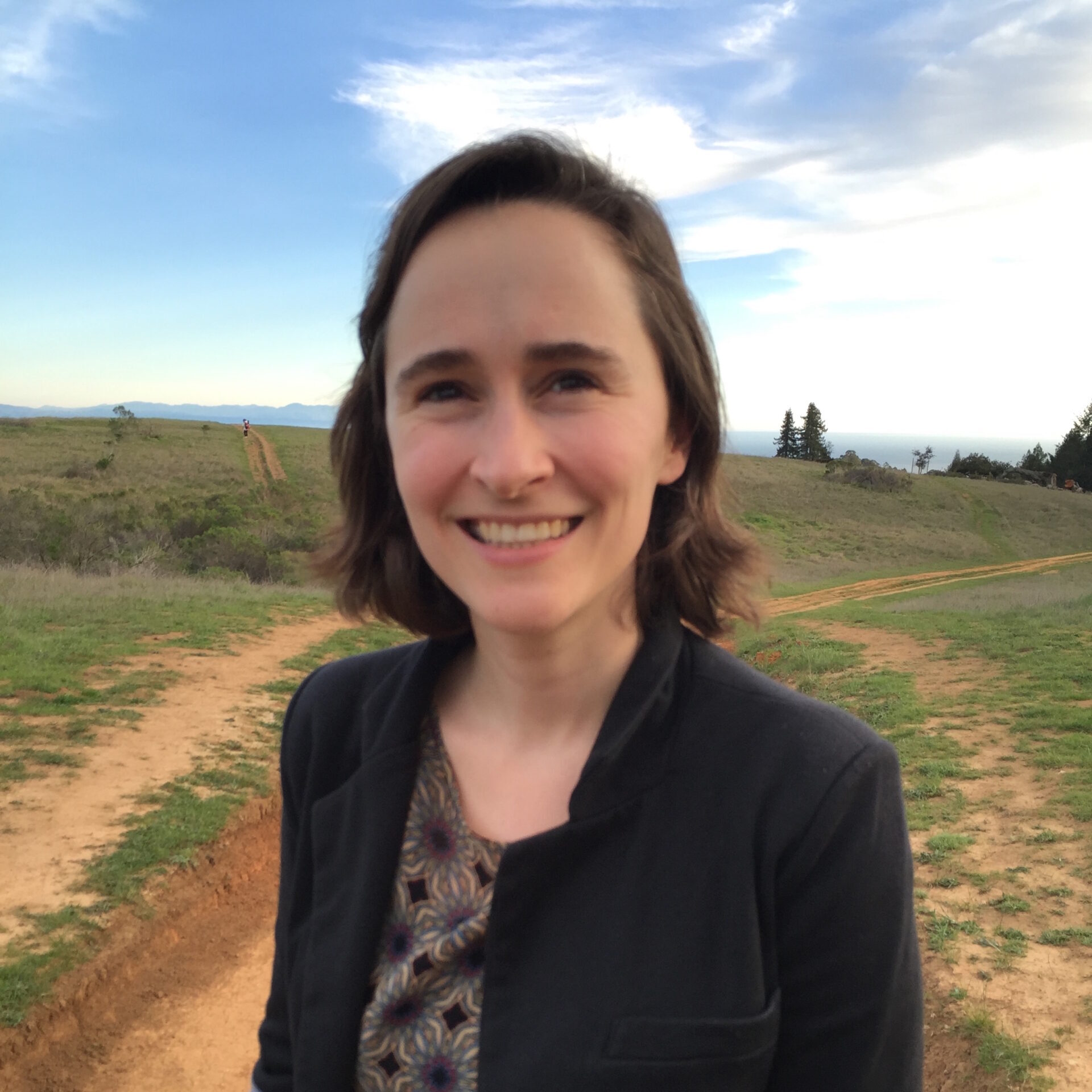
Madeleine Fairbairn, Assistant Professor, Environmental Studies
“Farmland Investment and African American Land Access in the US Southeast”
Over the past decade, financial investors have taken an increasing interest in US farmland. The proposed project investigates how this trend intersects with racialized processes of land access and dispossession in the US Southeast. Since the mid-twentieth century, Black farmers have lost land at a rate far exceeding white farmers. This is due to a range of factors, including institutional racism in the allocation of government services and the prevalence of the collective ownership form known as “heirs’ property.” This collaboration with the National Family Farms Coalition (NFFC) will establish a baseline understanding of whether and how the already-precarious land access of Black farmers may be affected by growing farmland investment. Co-applicants are Elsa Calderon in Environmental Studies and Jordan Treakle from the National Family Farms Coalition.
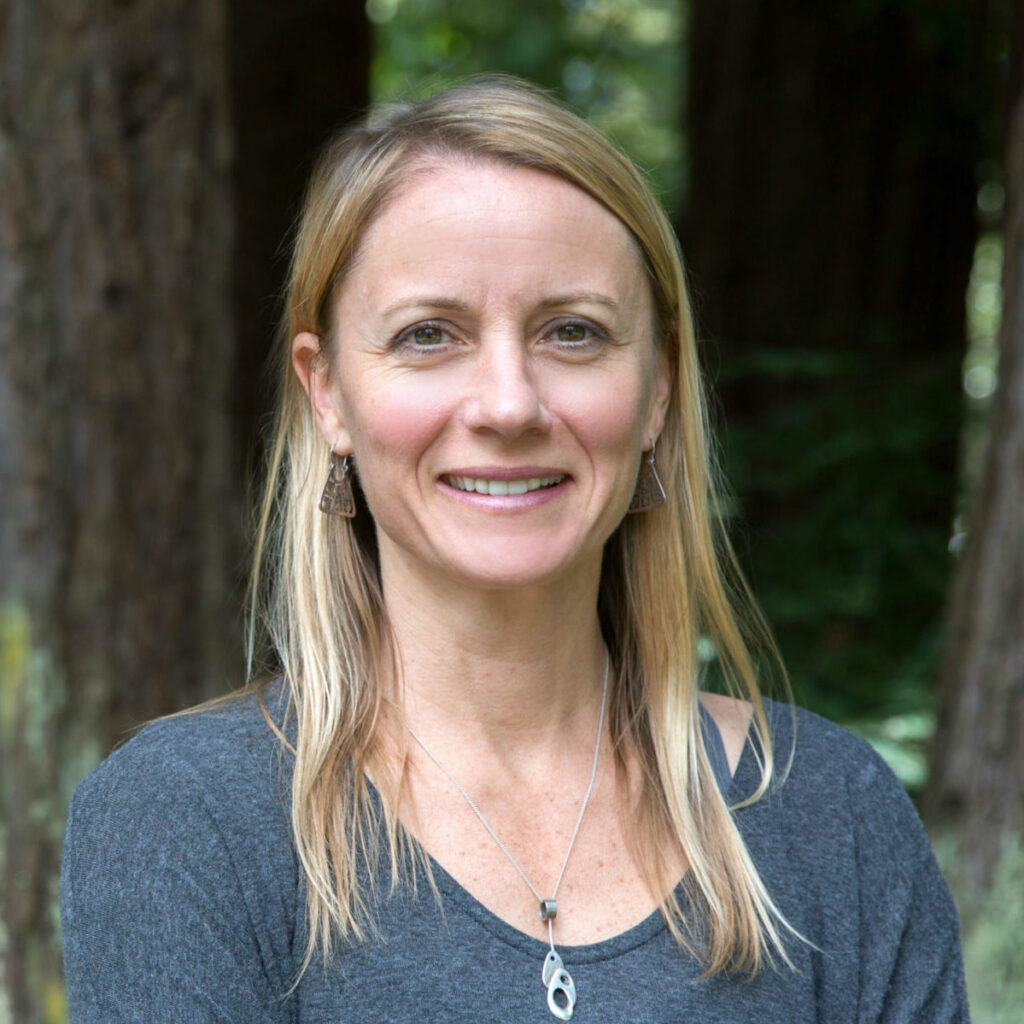
Shelly Grabe, Professor, Psychology
“Evidence for Equity: Mechanisms for Advancing Gender Equity and Political Parity in Perú”
Legislation and policy change focused on gender equity in Perú have pathbreaking implications for women globally. In 2019, Perú’s National Gender Equality Policy (Decree 008) was passed with strategic goals to eliminate structural discrimination. In 2020 the Peruvian Congress passed a ground-breaking Gender Parity Law (Law 31030) ensuring that, beginning in 2021, 50% of all candidates seeking election in public office be women. This community-based project will: 1) examine how women in Perú gained entry into representational politics in a manner that allowed the legislation of a women-centered agenda, and, 2) include the initial data in grant proposals aimed at developing research-based solutions that can be applied in the U.S.
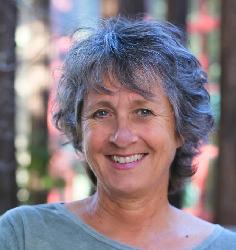
Julie Guthman, Professor, Community Studies
“Investigating the Ontologies of Agroecology and Ag-tech with Farmers: A Pilot Project”
Two fields claim their practices can get us closer to a better farming future: agricultural-technology and agroecology. Yet, it is unclear whether these approaches are compatible, given the different ontologies on which they are built. This project will pilot a larger study of ontologies of farming in California in order to ascertain whether and how such ontological differences are surmountable with committed collaboration. Core activities will entail the development of a literature review and pilot field research, both designed to make the larger study attractive to the NSF’s STS program. The broader goal will be to encourage farming practices that draw on the best of both worlds in furtherance of ecological and social justice outcomes. Co-applicant is Summer Sullivan in Environmental Studies.

Naya Jones, Assistant Professor, Sociology
“Cultivating Black Botany: A Research and Pedagogy Project”
Cultivating Black Botany aims to extend the field of Black botany through research and pedagogy. For research, the Sprout Grant will further develop my manuscript *On the Move: Black Medicinal Botany and the Great Migration* On the Move traces botanical legacies of the Great Migration. From 1917 to 1960, an estimated 6 million African-Americans migrated from the South to other regions of the United States including the Midwest and West. Using interdisciplinary methods, *On the Move* considers how migrants and their descendants have practiced, passed on, and mobilized botanical knowledge for community health and healing in the Midwest and Western United States. For related pedagogy, the grant will support the launch of a Black Botany Studio, a research and practice lab designed to support research on Black plant geographies through methods training, collaborative dialogues, and workshops with visiting scholars and artists.

Regina Day Langhout, Professor, Psychology
“We Belong Too: Youth Voices for Action and Equity”
We Belong Too: Youth Voices for Action and Equity begins a new CISER cycle by bringing together faculty and undergraduates in psychology and sociology to work with the newly formed Youth Action Network (YAN). This collaboration will enable capacity building for adults and youth as YAN creates a space where youth leadership and voice are taken seriously to impact policy and practices county-wide. The collaborative will support youth in identifying and researching an issue they identify, and track outcomes at the individual, organization, and county levels. Outcomes will be tracked for YAN youth, as well as for undergraduates in Psyc 159H (Community-Based Interventions) and Socy 139T (Community Engaged Research Practicum). Co-applicants are Steve McKay and Rebecca London in Sociology.
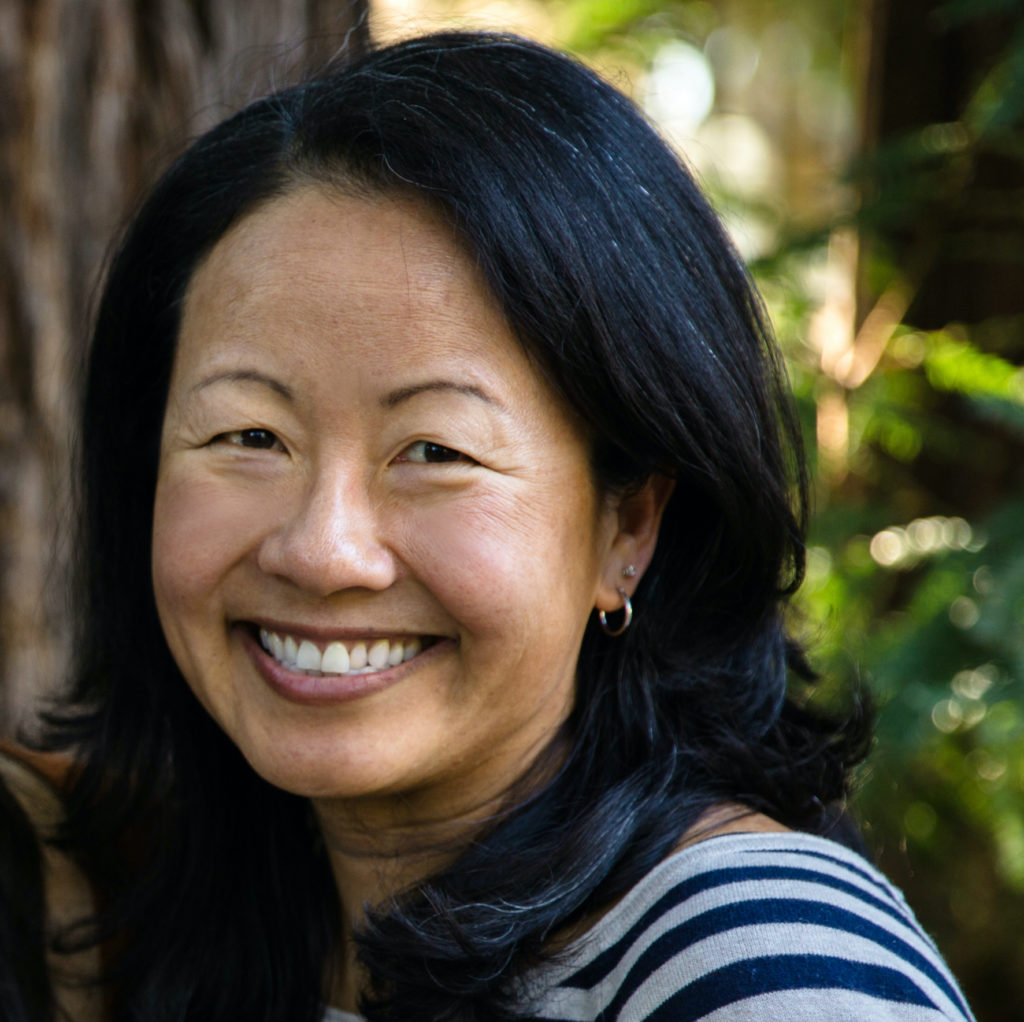
Flora Lu, Professor, Environmental Studies
“SPROUTing Youth Leadership for Environmental and Community Health in Santa Cruz and Salinas”
Latinx communities in agricultural regions disproportionately suffer from environmental injustices, from pesticide drift to landfills, compounded by the COVID-19 pandemic and climate disruption. The perspectives of farmworkers, the issues they confront, and how to enact positive change are the foci of an environmental justice youth leadership academy (EJYLA) that we propose. Specifically, the project will: (1) forge a partnership between youth in the Salinas Valley and UCSC students; (2) undertake YPAR about the lived experiences of youth in environmental justice communities; (3) co-develop curricula linking sustainability and social justice; and (4) leverage these insights into grant proposals that can sustain the EJYLA moving forward. Co-applicants are: Rebecca Hernandez, Director of the American Indian Resource Center and Co-founder of the People of Color Sustainability Collective; Linnea Beckett, Director of the Apprenticeship in Community Engaged Research and Adjunct Assistant Professor at Colleges Nine and Ten; Tashina Vavuris, Graduate student in Environmental Studies; Aysha Peterson, Graduate student in Environmental Studies; and Christopher Lang, Graduate student in Environmental Studies.

Nirvikar Singh, Distinguished Professor, Economics
“Structural Economic Factors in the US Racial Wealth Gap: An Empirical Analysis”
We use household data from the US Survey of Consumer Finances to identify contributing factors for the Black-White wealth gap. Amid general increases in US income and wealth inequality, this particular gap is large and increasing – a matter of national concern. Initial analysis of 2016 data indicates that inheritance, education and occupation are structurally related to differences in Black-White wealth levels. Levels and wealth increments of homeownership and business ownership also differ significantly, even controlling for other characteristics. This work will be extended to other years, and analysis of wealth dynamics of birth-year cohorts over time. The outcome will be stronger justifications for policies to reduce these wealth gaps.
Harvest Grants $500 – $1,500

Mark Fathi Massoud, Professor, Politics
“Shari‘a, Inshallah: Finding God in Somali Legal Politics (Cambridge University Press)”
Envisioning an equitable and sustainable future involves understanding the ways that religious law supports peacebuilding and human rights. Shari‘a, Inshallah (Cambridge University Press, 2021) shows how, for nearly 150 years since the start of European colonialism in the Horn of Africa, the Somali people have invoked shari’a (commonly translated as Islamic law), especially in the struggle for national identity, peace, and human rights. Based on ethnographic fieldwork, qualitative interviews, and archival research, this project addresses the interplay among religion, the rule of law, and empire. The Harvest Grant supports dissemination of Shari‘a, Inshallah to key libraries, policymakers, scholars, and stakeholders.
Book Manuscript Accelerator

Jackie Gehring, Teaching Professor, Politics

Nidhi Mahajan, Assistant Professor, Anthropology
“Moorings: The Dhow Trade, Capitalism and Sovereignty in the Western Indian Ocean”
This book project explores the mutually constituted relationship between mobility, capitalism, and sovereignty in the Indian Ocean. Focusing on dhows or indigenous wooden sailing vessels that have traversed the Indian Ocean since the pre-colonial era, I examine how these trade networks operate based on Indian Ocean idioms of exchange and have been pushed into the underbelly of the global economy through the legal regimes of colonial and post-colonial states. While most studies contend that the dhow trade receded by the end of the colonial era, I demonstrate how the dhow trade persists in the margins of states, and has come to be viewed with suspicion. Since 9/11, governments have assumed that dhows illegally transport weapons and people. Rather than taking a presentist view of these security issues, I argue that they gesture to a larger problematic: a deep-rooted anxiety over competing notions of sovereignty. Based on archival and ethnographic research across India, Kenya, the UK, Tanzania, the UAE, and Qatar this project unpacks how these indigenous shipping networks have articulated with different state forms. I demonstrate how this form of vernacular capitalism is a crucial intermediary between local, regional, and global circuits of exchange that are braided with practices and histories of sovereignty. The manuscript ultimately shows how the economic, social, political, and religious domains are deeply embedded in each other, capital always dependent on those in the margins.

